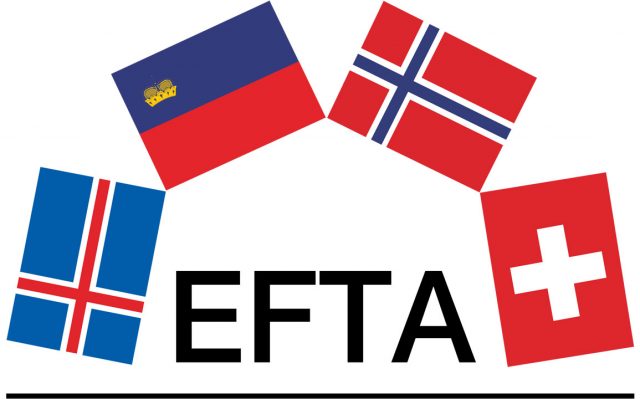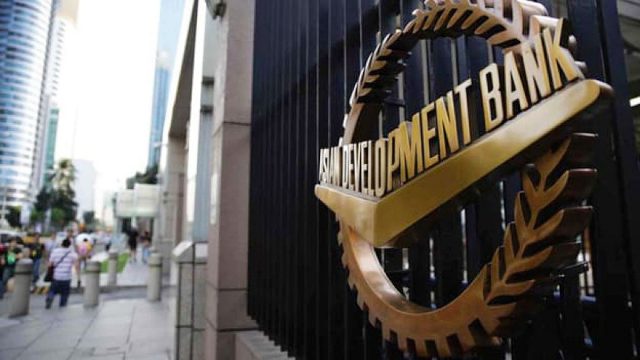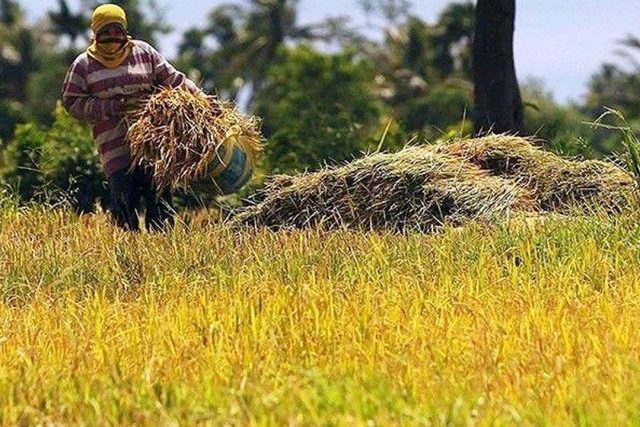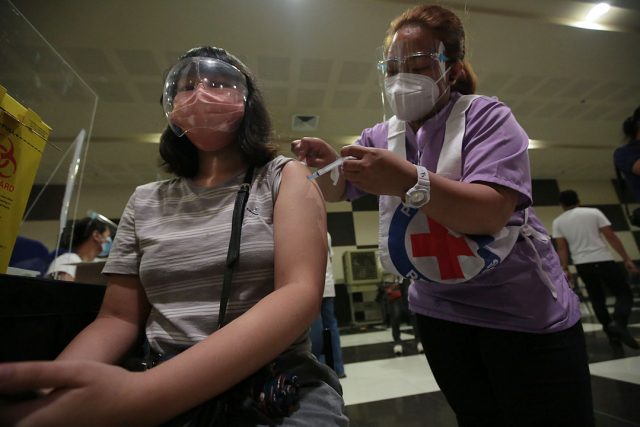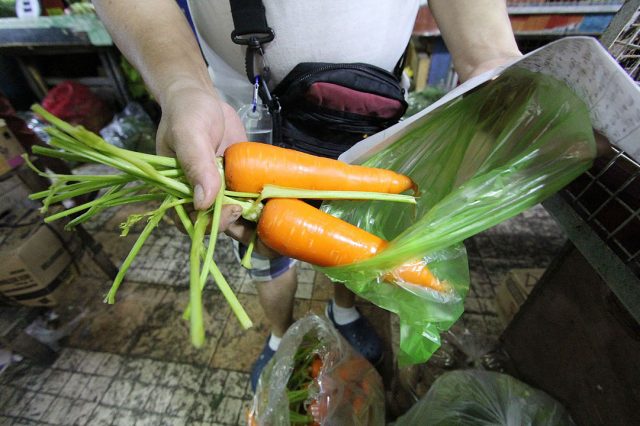NTC urged to intervene amid delays in mobile portability

THE National Telecommunications Commission (NTC) needs to step in and address the delays in implementing the Mobile Number Portability (MNP) Act, according to Infrawatch PH, a public-policy think tank.
It cited “process roadblocks” by some telecommunications companies and system glitches for the delay in rolling out number portability, which allows phone users to retail their phone numbers when switching providers.
“This is unacceptable because the government and the public have been expecting a seamless implementation of the MNP when it was officially launched at the end of September,” Infrawatch PH Convenor Terry L. Ridon said in a letter to the NTC dated Oct. 8.
Infrawatch PH is requesting the regulator to initiate proceedings on the implementation of the MNP Act to address issues experienced by the public.
Infrawatch PH said telecommunications companies should not use system problems as an excuse for delaying the rollout, as these should have been fixed before the commercial launch.
It said it is “a disservice to telco subscribers who expose themselves to coronavirus risks when they go to telco offices to port out of their existing mobile networks.”
“Further, we are concerned that telcos are imposing internal process roadblocks to deter their existing subscribers from migrating to other telcos,” Mr. Ridon said.
Some companies were reported to be limiting the number of MNP appointments for clients and limiting the functionality of third-party services.
Infrawatch PH said it received a number of reports from Globe Telecom, Inc. subscribers who had trouble getting their MNP requests processed, while some who have successfully ported out of Globe “had been unable to use the full functionality of their virtual wallets such as topping-up their mobile load and receiving one-time PIN notifications.”
Infrawatch PH is also calling on the NTC to order telecommunications firms to “faithfully comply with the provisions” of the MNP, as well as impose fines should a company be found not complying with the act and its implementing rules.
“The NTC should nip these delays in the bud, which is why it should decisively act even no more than one week into the MNP’s full implementation. Because at the end of the day, the buck stops with the NTC if the MNP’s birth pangs remain unresolved for a longer period of time,” Mr. Ridon said. — Keren Concepcion G. Valmonte

